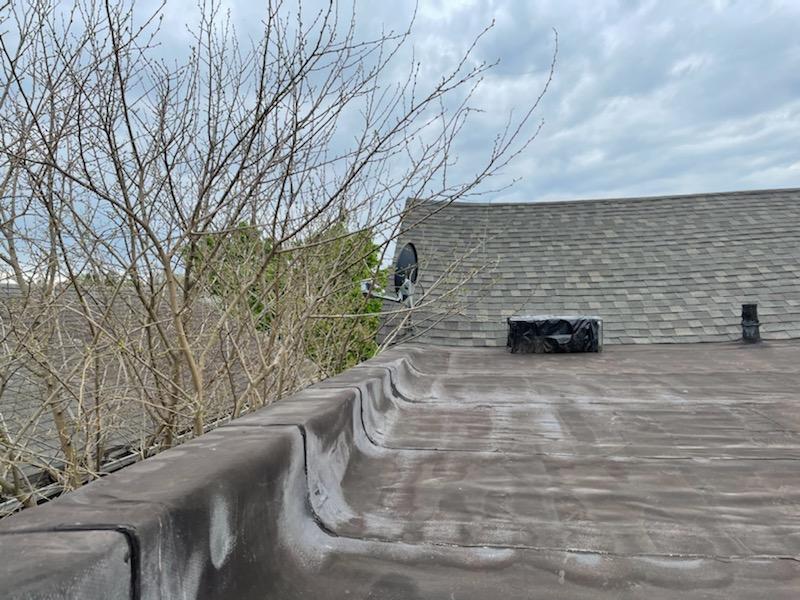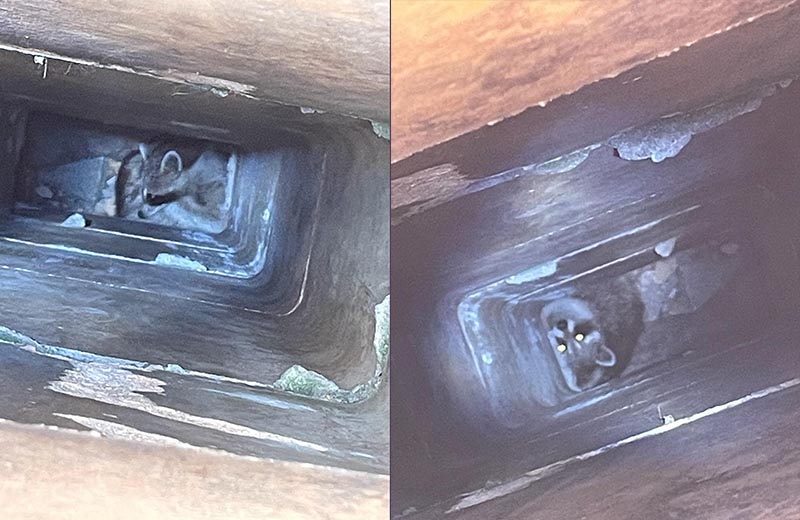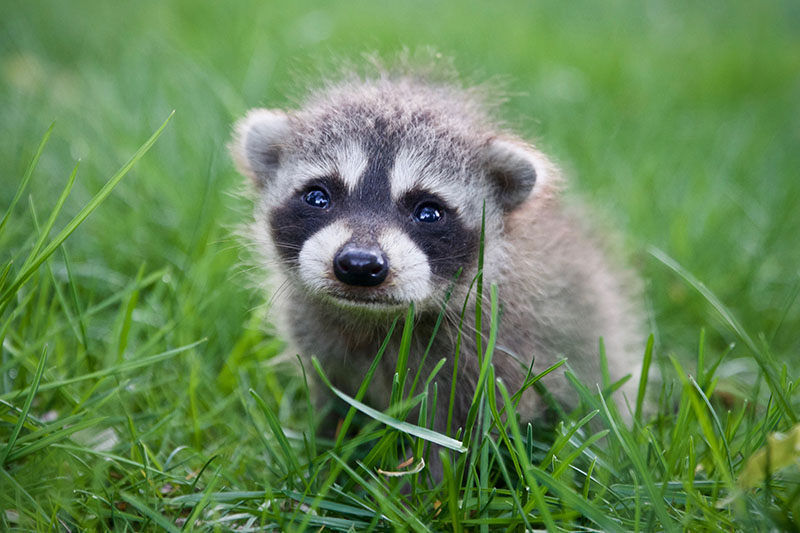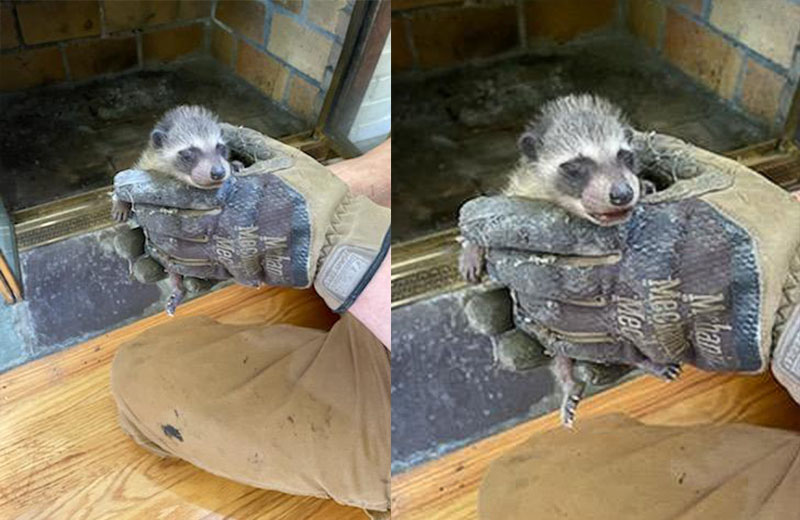Raccoon Removal Options for Albany, New York Homes
Need help removing a raccoon from your property? Call Us 24/7: (518) 512-0400
Removing raccoons from your property is not as easy as it might sound. If you are a homeowner in upstate New York, removing raccoons from your house or yard is necessary to protect both your family and your investment. The best way to repel, deter, or remove a raccoon depends on many factors, including where the raccoon has made its home. At Hudson Valley Wildlife, we are experts in a variety of raccoon removal options. After we conduct a thorough home inspection, we are able to determine the best solution for your wildlife problem.

Health Concerns Associated with Raccoons in Your Home
Raccoons are the number one Rabies Vector Species in the United States. This means that they are the primary carriers and spreaders of the rabies virus. Any warm-blooded animal is capable of contracting and carrying the rabies virus. But a Rabies Vector Species is far more likely to spread the disease, meaning a raccoon could lead to your dog or cat getting sick, should the raccoon interact with your pet. Other animals that are considered rabies vector species include red and gray foxes, woodchucks, skunks, and bats.
Spreading rabies is not the only problem with raccoons. Raccoon droppings are toxic and emit an unpleasant odor that can linger for a long time. A raccoon can also cause massive amounts of damage as it makes a home in your attic or inside your walls. They tend to rip massive entry holes as they go to make their den, whether through vents, soffits, siding, or even right through shingles and into the roof or chimney.

Yet there is one exception that does work when a mother raccoon and her kits are involved…
Raccoon Eviction Fluid: A Natural Raccoon Repellent
Raccoon eviction fluid is a natural repellent that is effective specifically on families of raccoons. It is made from the urine and gland excretions of a male raccoon. Raccoons are primed to want only their own offspring to survive. A male raccoon will kill baby raccoons that are not his own. Female raccoons with young offspring will avoid making nests near the scent of male raccoons for this reason. Raccoon eviction fluid will often provide the same effect for a simple repellent solution.

Raccoon eviction fluid is not a cure-all, however. It can be treacherous for a female raccoon to move her young to another place, so she will only do so if she is certain that it is necessary. If she determines that the male raccoon scent is a false alarm, another solution will be necessary. Raccoon eviction fluid also does not work on male raccoons, and will often make them more aggressive. The fluid should only be used if you are certain a female raccoon and her kits are on your property. Again, we strongly recommend not undertaking raccoon removal yourself, owing to the potential dangers.
Removing Raccoons from Your Chimney
Next, we applied the raccoon eviction fluid to a tennis ball and left it inside the chimney. After two days, the raccoon family appeared to be gone, until the Albany homeowners began to hear the sound of a baby raccoon again. They called us to return, and we found the runt of the litter still living inside the chimney. The mother had left it behind when she moved her family away from the smell of the raccoon eviction fluid.

The baby raccoon was small enough for us to pick up with gloves. We safely transported it to a wildlife rehab center, where it will be cared for until it is ready to go back to the wild. Finally, we removed the tennis ball, installed a cap over the chimney flue, and ensured there were no entry points for the raccoons to return. The chimney cap will also prevent other wild animals such as squirrels, who are also drawn to your chimney because of its close resemblance to a hollowed tree trunk.

